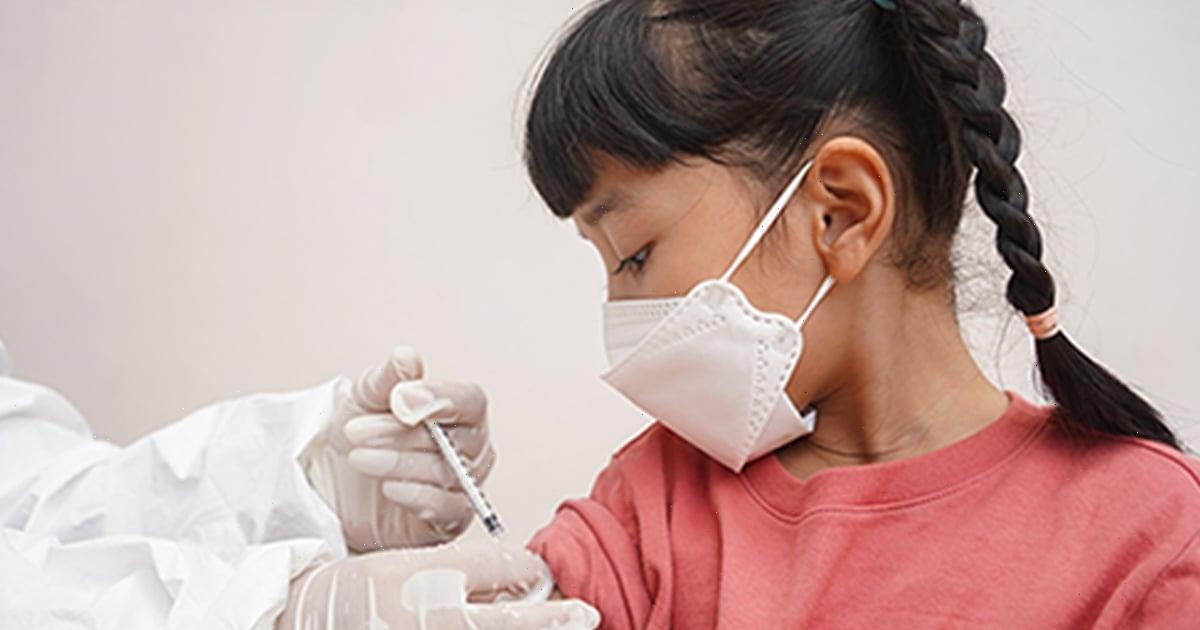HPV is not like other STIs and STDs – therefore you don’t have to tell anyone if your cervical cancer screening shows you have it.
It can’t be treated like other common things passed through sexual contact, such as chlamydia, so having HPV isn’t a case of calling up all your past romps to ‘let them know’.
But, you may want to tell a partner – and this is where it can be a confusing conversation.
So how can you do it, without causing further panic and getting the emotional support you may need, too?
HPV myth buster
- HPV cannot be tested for currently in a regular sexual health checkup
- Only those who can attend a cervical cancer screening will find out if they have it
- Most people – with and without a cervix – will contract HPV at some point in their lives
- Most people’s bodies will fight off HPV without further complications – only certain strains can lead to increased cancer risk
- HPV can spread even while using condoms during penetrative sex
Sam Dixon, chief executive at Jo’s Cervical Cancer Trust, says: ‘There is lots of confusion and gaps in understanding around what it means to have HPV.
‘Sadly our research has found that over 40% of women say being told they have HPV would impact their dating and sex life and half would consider ending a relationship with a partner who has the virus.
‘HPV is incredibly common and you can have it for a long time without knowing about it, possibly years or even decades.
‘This means it is difficult to know when you got it or who from.
‘HPV can affect everyone, regardless of gender identity or sexual preference.
‘This means that whoever you date or have a relationship with, they might have come into contact with HPV already.’
When having a conversation with a sexual partner about HPV – if you choose to – it’s important to discuss the nuance surrounding the virus.
Sam says there is no official guidance or recommendation that you should tell anyone if you have HPV, so here are some things to keep in mind.
- You may feel nervous talking to your partner about HPV – that is normal and you shouldn’t feel pressured to share any information you don’t want to.
- Pre-conversation, try to understand as much as possible about the virus so you feel clear about how to discuss it.
- It might be helpful to have information from a trusted source with you to refer to and share with your partner, such as the information on Jo’s Cervical Cancer Trust website.
- Sometimes people in long-term relationships worry having HPV means someone has been unfaithful. This is not true.
- If the person you’re telling has a bad reaction even with all the information, it is not your responsibility to fix that.
Sam adds: ‘Most importantly, there should be no stigma attached to having a HPV diagnosis.
‘Around 8 in 10 of us will have HPV in our lifetime, and in most cases it goes away without doing the body any harm.
‘There is a huge need to increase education and understanding about the virus to make conversations following a diagnosis far easier.’
It’s a difficult conversation to have and it can feel scary finding out you have HPV, so remember you deserve kindness from anyone you tell – even if they need to go away and do their own research.
You, me & HPV
This week, Metro.co.uk is looking at HPV and its related cancers from a range of perspectives.
By and large HPV isn’t something to worry about – but it is something to be aware of.
HPV is something that eight in 10 of us will encounter at some stage of our lives. It’s spread through skin-to-skin contact, not just penetrative sex. There is even some evidence to suggest it can spread through deep kissing.
It isn’t tested for in a standard sexual health screening, so it’s near impossible to know when or where a person might have contracted it or who they might have passed it onto.
For most people, their bodies will fight the virus off in around one to two years without any lasting effects. For some people however, it can make them more vulnerable to cancers of the cervix, anus, head and neck, penis, vagina and vulva.
Over this week, we’ll be exploring the human issues that come with HPV and its related cancers.
For more health information, please visit Jo’s Cervical Cancer Trust, The Eve Appeal, the No Man campaign and The Anal Cancer Foundation.
Source: Read Full Article



